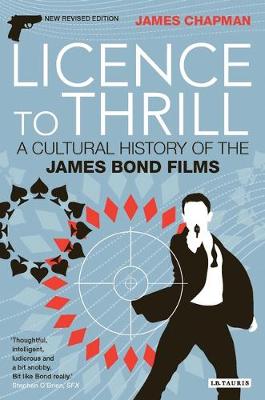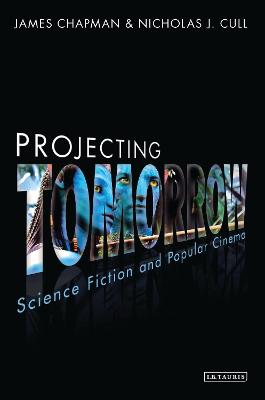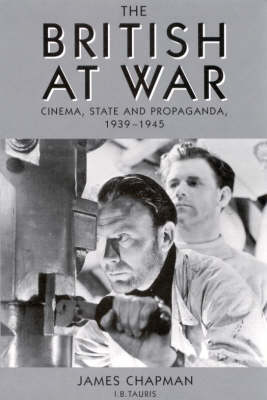Cinema and Society
4 total works
Cinema and science fiction were made for each other. Science fiction has been at the cutting edge of film technology and the genre has produced some of the most ambitious, imaginative and visually spectacular films ever made. Yet science fiction cinema is about more than just state-of-the-art special effects. It has also provided a vehicle for film-makers and writers to comment on their own societies and cultures. In this new study of the genre, James Chapman and Nicholas Cull examine a series of landmark science fiction films from the 1930s to the present. They include genre classics, including 'Things to Come', 'Forbidden Planet', 'Planet of the Apes' and '2001: A Space Odyssey', alongside modern blockbusters 'Star Wars' and 'Avatar'. They consider both screen originals and adaptations of the work of major science fiction authors such as H.G. Wells and Arthur C. Clarke. They range widely across the genre from pulp adventure and space opera to political allegory and speculative documentary- there is even a science fiction musical.
Chapman and Cull explore the contexts and document the production histories of each film to show how they made their way to the screen- and why they turned out the way they did. Informed throughout by extensive original research in US and British archives, Projecting Tomorrow will be essential reading for all students and fans of science fiction cinema.
Exploring throughout the book the dialectical relationship between past and present, Chapman reveals how such films promote British achievements - but also sometimes question them - and how they project images of 'Britishness' to audiences both in the UK and internationally.



